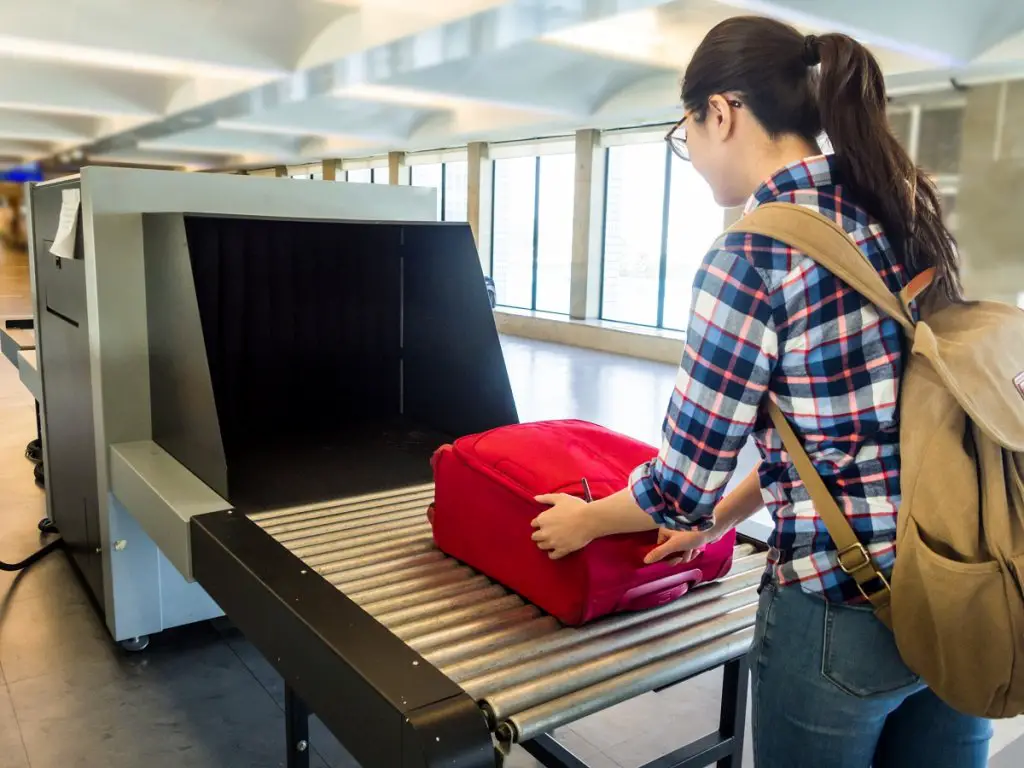The Authorization of Final Disposition is a legal form that sets down your wishes for what you want to happen to your body when you die and designates an agent who will oversee it. This document also allows you to designate a backup option should your first choice not be available at the time of your death. It can lay out preferences for your funeral, cremation, or burial and even designate the disposal of your cremains.
Setting down instructions for what to want to be done with your body when you pass away will help ensure that your wishes are carried out.
An authorization of disposition is especially important if there is tension among surviving family members or if you have very strong wishes about your funeral and final resting place.

Table of Contents
What Does The Final Disposition Of Your Body Refer To?
The final disposition of your body refers to the manner in which your human remains are handled after your death. You can spell out absolutely everything that happens to your body after death. In addition to your basic wishes, like whether you would like to be buried or cremated, you can outline specific instructions, such as what you would like to be dressed in and any mementos you would like to be buried with, or how you would like your cremated remains to be transported, stored, or scattered.
In most states, scattering of cremated remains is legal on private property and the private property of another with permission. Laws usually state that you must be 3 miles offshore for scattering ashes over the ocean. A permit should be obtained in advance to scatter remains on public property, such as in a state park. If you have specific wishes, make sure you talk to the authorizing agent of your disposition (spouse, children, etc.) so that they know they may have to make special arrangements to comply with state law.
What Is An Authorization Of Final Disposition?
Individuals can use an Authorization for Final Disposition to plan their funeral viewing, select religious observances for the service, and designate a source of funding to pay for the burial in advance.
Additionally, the Authorization for Final Disposition lets family members know whether the deceased should be buried, cremated, or their body donated for research, as well as what type of funeral ceremony, memorial service, graveside service, or another last rite the deceased would like. If cremated, there can even be instructions for how the cremains should be kept or scattered and where.
For more details, listen to our expert Jeff Lemley talk about the benefits of an Authorization of Final Disposition.
What Does Direct Disposition Mean?
Burial or cremation that occurs immediately after death is called direct disposition. The deceased is removed at the time of death and taken directly to the cemetery or crematory. The body is not prepared, and there is no funeral or opportunity for family members to view the body. A memorial service may be held after the disposition of the body.
While direct disposition may seem shocking and abrupt, it’s a very common practice in certain religions that dictate interment or cremation within a certain time period. It’s a more affordable option if the deceased doesn’t have life insurance or a burial fund. It’s also the preferred option if the deceased didn’t have family to make decisions about the disposition or for a very private person that did not wish to have a big funeral and spend a lot of money on their final resting place.
Once the body is laid to rest, the family can still hold a memorial service or make funeral arrangements, either at the funeral home or elsewhere.
Can Final Disposition Details Be Put In Your Will?
The Authorization for Final Disposition is a separate document from your final will and testament. Your final disposition document should be stored with your advanced directive or do-not-resuscitate orders to be easily accessible in an emergency – either by your surviving spouse, children, or the authorizing agent who can execute the disposition.
What Is The Difference Between Direct And Final Disposition?
With direct disposition, the remains of the decedent are immediately cremated or entombed in the Earth without any preparation or funeral services. With a final disposition of the decedent, your wishes are spelled out in detail.
Do State Laws Vary On Final Disposition Authorizations?
It is wise to work with an attorney while you are still of sound mind to create your final disposition authorization. They will know any state laws surrounding the process.
For example, in Wisconsin, if you don’t have a signed Authorization of Disposition letter, state law dictates a hierarchy of surviving heirs to decide your final burial arrangements. A surviving spouse is first, then surviving children, surviving parents, surviving siblings, other lineal descendants, and finally, any guardian at the time of death. If none of these exist, a funeral director will assume responsibility of the final disposition after providing a written statement that they made a good faith effort to locate any of the people above.
This is why a disposition authorization is important if there is family tension or disagreement about the disposition of your remains.

Why Is Having An Authorization Of Disposition Particularly Important When Traveling?
If you die while traveling, your body will be taken to a local funeral home or morgue. If your remains must be transported back to your home state, the embalmer is usually required to prepare your body for transportation. If, on the other hand, your authorization of disposition states that you wish to be cremated immediately for religious purposes, the state and your authorizing agent can execute a cremation authorization form for a local crematory authority and transport your cremains back home.
Transporting human remains is expensive. Your family must work with a local funeral home and another at the final destination. They must decide on embalming or cremation, a casket, or another approved shipping container. And this all must be done while grieving from a distance. An authorization of disposition can greatly relieve the burden on your family, especially if it also spells out what should happen If you die while traveling. If you opt for cremation, shipping or carrying your remains home is less expensive and less stressful for those traveling with you.
Need an Authorization of Disposition form? Discussing your wishes with your attorney is best, but forms are available online for most states.

